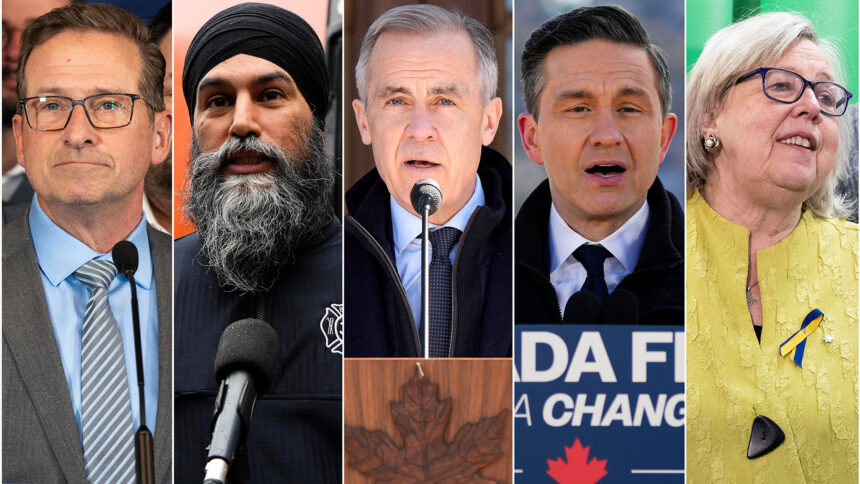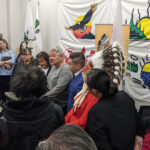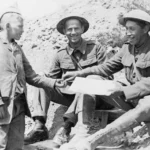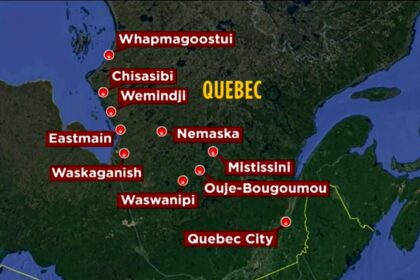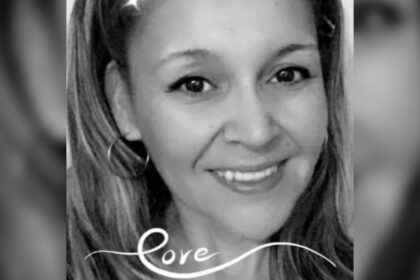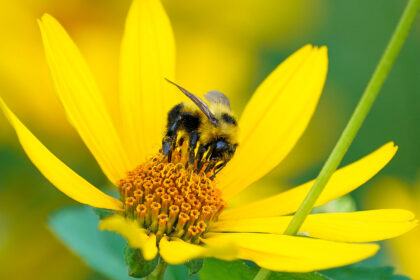A Mi’kmaw professor at Toronto Metropolitan University says the Liberals’ renewed interest in energy pipelines during this election campaign is not a good sign when it comes to the federal government’s duty to consult obligations. “I’m not confident the Liberals would fully respect the duty to consult, accommodate and get consent,” Pam Palmater, chair of Indigenous governance at the university, said. “Because that’s the standard according to the Supreme Court here in Canada.” Under former prime minister Justin Trudeau, the Liberals passed the United Nations Declaration on the Rights of Indigenous Peoples Act in June 2021. As part of UNDRIP, governments are supposed to get free, prior and informed consent from Indigenous Peoples prior to green lighting development projects that could affect their communities. However, U.S. President Donald Trump’s continued threats to annex Canada has renewed interest in building more oil and gas pipelines in this country as a way of attaining energy sovereignty. The Conservatives have long said there is too much red tape when it comes it comes to building pipelines and the Liberals have also indicated recently the country needs to move more quickly on these projects. Voters go to the polls on April 28. Information on elections An official with Elections Canada says there are a number of barriers Indigenous voters have traditionally faced when it comes to participating in federal elections and the organization is working hard to reduce them. “One of the things we learned is the importance of the verbal, of the spoken language versus written language,” Susan Torosian, the executive director of public affairs and civic education with Elections Canada, said. “We do a lot of work with written products on our website so you will see this time around we’ve got a few more radio ads and videos explaining the electoral process in Indigenous languages where we can find the talent. I think we’ve got about 14 radio ads in Indigenous languages and 13 explainer videos on the process. Things like what happens when you go to the polls and how do you register to vote and those kinds of things.” Another barrier to voting that has often affected Indigenous people living in remote communities is a lack of access to polling stations that are located close by. In this campaign, Elections Canada is expanding advance polling options in 400 Indigenous communities so these voters can cast their ballots early if they choose to do so. The organization is working directly with communities to provide these services and because of capacity they may not be provided at the regular standard of four days with offices open for 12 hours per day. Advance polls begin on April 18. Getting Indigenous people into journalism A veteran Anishinabe broadcaster is heading up a new program at Carleton University aimed at getting more Indigenous people into the journalism profession in ways that work for them. “I think they’ll take those skills, those essential media skills – whether it’s in audio or social media, how to build a website, how to write a lead, how to write well,” Duncan McCue, who is the director of the new Certificate in Journalism in Indigenous Communities program, said. “Take those essential skills and build the kind of media that they see their community needs.” Continue Reading
Friday, 6 Feb 2026
Canada – The Illusion
Search
Have an existing account?
Sign In
© 2022 Foxiz News Network. Ruby Design Company. All Rights Reserved.
You May also Like
- More News:
- history
- Standing Bear Network
- John Gonzalez
- ᐊᔭᐦᑊ ayahp — It happened
- Creation
- Beneath the Water
- Olympic gold medal
- Jim Thorpe
- type O blood
- the bringer of life
- Raven
- Wás’agi
- NoiseCat
- 'Sugarcane'
- The rivers still sing
- ᑲᓂᐸᐏᐟ ᒪᐢᑿ
- ᐅᑳᐤ okâw — We remember
- ᐊᓂᓈᐯᐃᐧᐣ aninâpêwin — Truth
- This is what it means to be human.
- Nokoma


